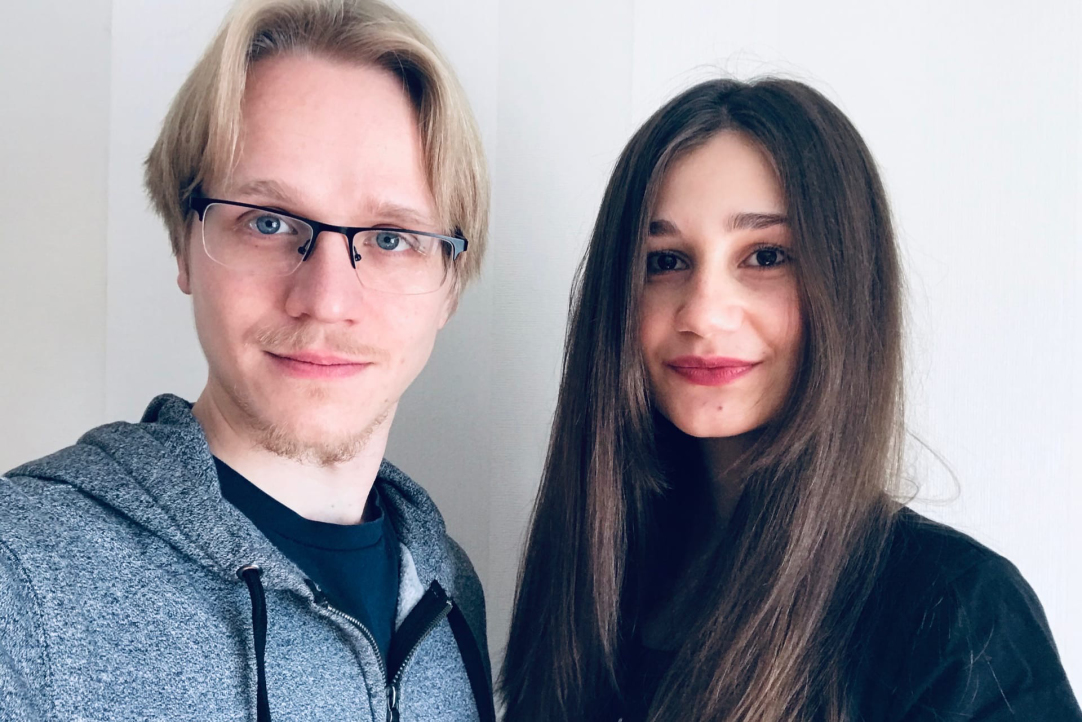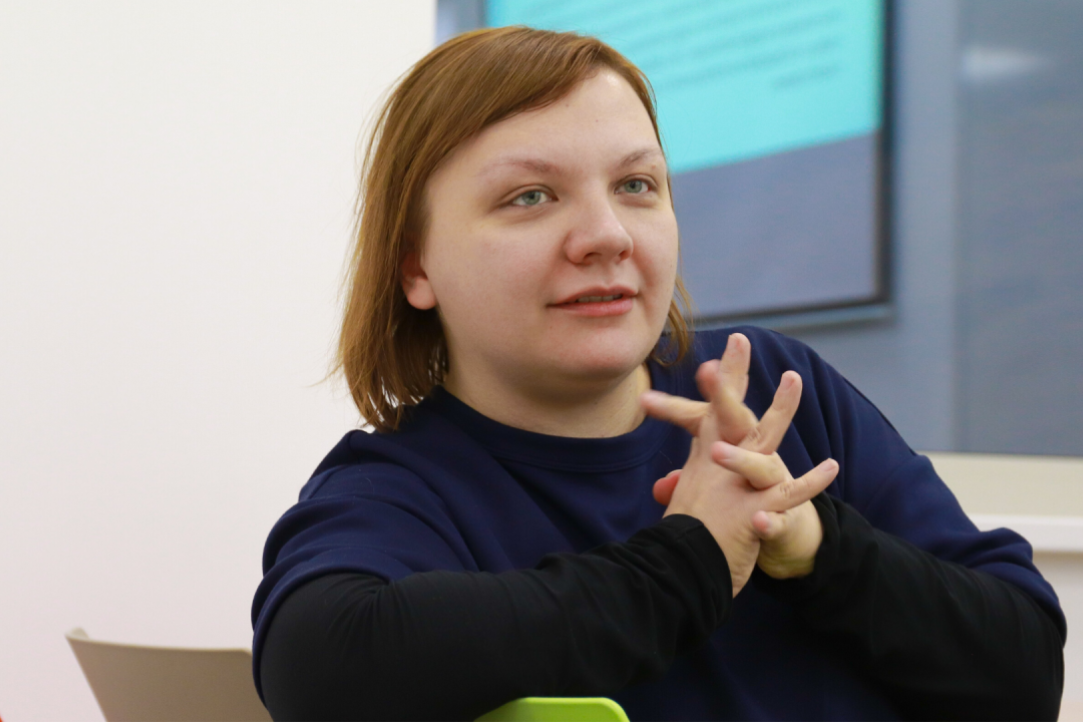
Unknown Mortality Rate: Why We Don’t Know the True Scale of COVID-19
Demographers have been thrust to the frontlines of the world’s efforts to evaluate the coronavirus pandemic, but so far without any weapons. Lacking data, they cannot reliably assess the situation. And this is despite the fact that the Internet, it would seem, is flush with statistics. A webinar hosted by the HSE International Laboratory for Population and Health discussed the paradoxes of quantitative approaches to COVID-19. IQ.HSE spoke with webinar participants Vladimir Shkolnikov, Inna Danilova, and Dmitry Jdanov.

HSE Places among Top 5 Russian Universities in Nine Subjects in Publication Activity Ranking
In the Expert Analytical Centre’s 2020 Publication Activity Ranking, HSE University placed among the top three Russian universities in seven general subject areas and two narrow subjects. HSE made the rankings in 14 subject areas and four specific subjects; of these, HSE placed first in four subjects and/or areas.

‘Data Mining Can Help Forecast the Pandemic Situation with an Accuracy Within 2.5%’
A mathematical model of Covid-19 spreading in Nizhny Novgorod Region, which has been created by the Big Data Laboratory at Nizhny Novgorod Development Strategy Project Office, has been widely discussed in the media and on social networks. The research was led by Anastasia Popova, a master’s student of HSE University in Nizhny Novgorod, repeat winner of machine learning competitions, and winner of Ilya Segalovich Award by Yandex. In the following interview given on April 15, Anastasia speaks about how the model was developed, the data it uses, and long-term potential applications.

Scientists Are Taking Their Research Seminars Online
The first research seminar of the International Laboratory of Statistical and Computational Genomics had been postponed almost a month due to COVID-19. In April, however, the event finally took place. Laboratory Head Vladimir Shchur discusses what life is like for scientists in self-isolation during the pandemic, what genomics is, and why gesturing is important when teaching online.

HSE Students Take First Place in Kaggle International Data Analysis Competition
Artyom Volgin and Ekaterina Melianova, second-year students of the Master’s programme in Applied Statistics with Network Analysis, outperformed more than 100 teams from different countries to take first place in the DS4G: Environmental Insights Explorer Competition hosted by Kaggle.

HSE University Re-Launches Monitoring Study of the Population’s Social Well-Being
The HSE Institute for Social Policy is renewing its monitoring of the population’s socio-economic status and social well-being. The first issue includes a 2019 summary and short analysis of the trends related to the Covid-19 pandemic. Experts have concluded that many unfavourable trends were not overcome last year and that the current crisis will worsen the situation.

Buckle Up! Will the Pandemic Usher in the End of the Public Transportation Era?
Mikhail Blinkin, Director of the HSE Institute for Transport Economics and Transport Policy Studies, speculated about whether private automobile transportation will expel buses and trams from city streets in the post-virus future.

‘We Might Be in for an Anti-Digital Backlash’
The ‘digital age’ of education did not just dawn — it burst upon us like a tsunami. Long-term, systematic strategies for the transition to online learning have been swept away by global problems, and primarily the COVID-19 pandemic and measures for stopping it. In this Op-Ed, Institute of Education research fellow and Russian post-doc recruiter Daria Shcheglova tells IQ.HSE how some students might have been overlooked in the feverish rush to digitalize education.

European Universities to Help Shape Continuous Master’s/PhD Track at HSE
In the 2020-2021 academic year, students of the HSE Master's Programme ‘Cognitive Sciences and Technologies: from Neuron to Cognition’ will be able to additionally apply for a continuous Master’s/PhD track. Studying in a single programme, they will participate in the international project iBRAIN, organized by leading European universities.

At the Foothill of Our Digital Journey
April International Academic Conference is held in a distributed format this year, with some sessions broadcast online and papers and video presentations from others posted on the conference website. Professor Dr Ger Graus, first Global Director of Education at KidZania, is an invited speaker at Digital Transformation of Education session that is also conducted in this new distributed form. His paper is devoted to preparing children for digital era through non-formal education.

